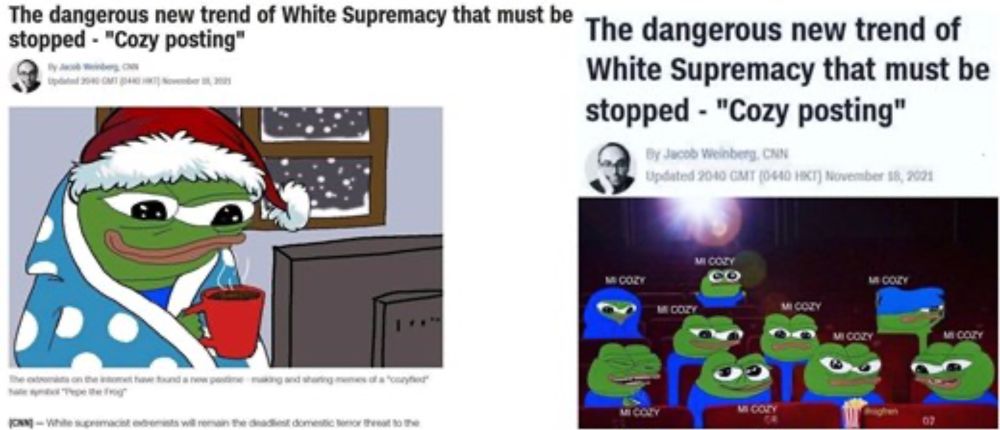Kasper Arabi
@kasperarabi.bsky.social
480 followers
440 following
19 posts
PhD candidate @PAISWarwick • (Historical) International Political Economy • (Everyday) Inequality
Posts
Media
Videos
Starter Packs
Pinned
Reposted by Kasper Arabi
Reposted by Kasper Arabi
Charlie Price
@charlieprice.bsky.social
· Jul 29

Ketchup Is the Whitest Sauce: Memes as Silly/Serious Bordered Spaces in International Relations
Abstract. This paper draws on previous scholarship on humor, memes, and seriousness in International Relations to produce a novel means for understanding o
academic.oup.com
Kasper Arabi
@kasperarabi.bsky.social
· Mar 12
Kasper Arabi
@kasperarabi.bsky.social
· Feb 28
Reposted by Kasper Arabi
Rune Møller Stahl
@runestahl.bsky.social
· Feb 26

The end of economics hegemony? studying economic ideas in a post-neoliberal world
Since the 1990s, a particular approach to analysing the political influence of economic ideas has emerged in International Political Economy (IPE)—often labelled ‘the ideational turn’. This approac...
www.tandfonline.com
Reposted by Kasper Arabi
Reposted by Kasper Arabi
Adam David Morton
@morton.bsky.social
· Nov 18

A Second Twenty Years’ Crisis? - Progress in Political Economy (PPE)
How is E.H. Carr representative of mid-twentieth century intellectuals who tried to understand not so much the political irruptions of their time, but rather deeper disruptions within the world’s poli...
www.ppesydney.net
Reposted by Kasper Arabi
Neil Warner
@neilwarner.bsky.social
· Nov 18
Kasper Arabi
@kasperarabi.bsky.social
· Nov 18

Overcoming methodological statism: new avenues for hegemony research
The course of contemporary international affairs has catapulted the scholarship on inter-state hegemony into an important period of progress and development. Forwarded as Hegemony Studies 3.0, a ne...
doi.org
Kasper Arabi
@kasperarabi.bsky.social
· Nov 18
Kasper Arabi
@kasperarabi.bsky.social
· Nov 18









